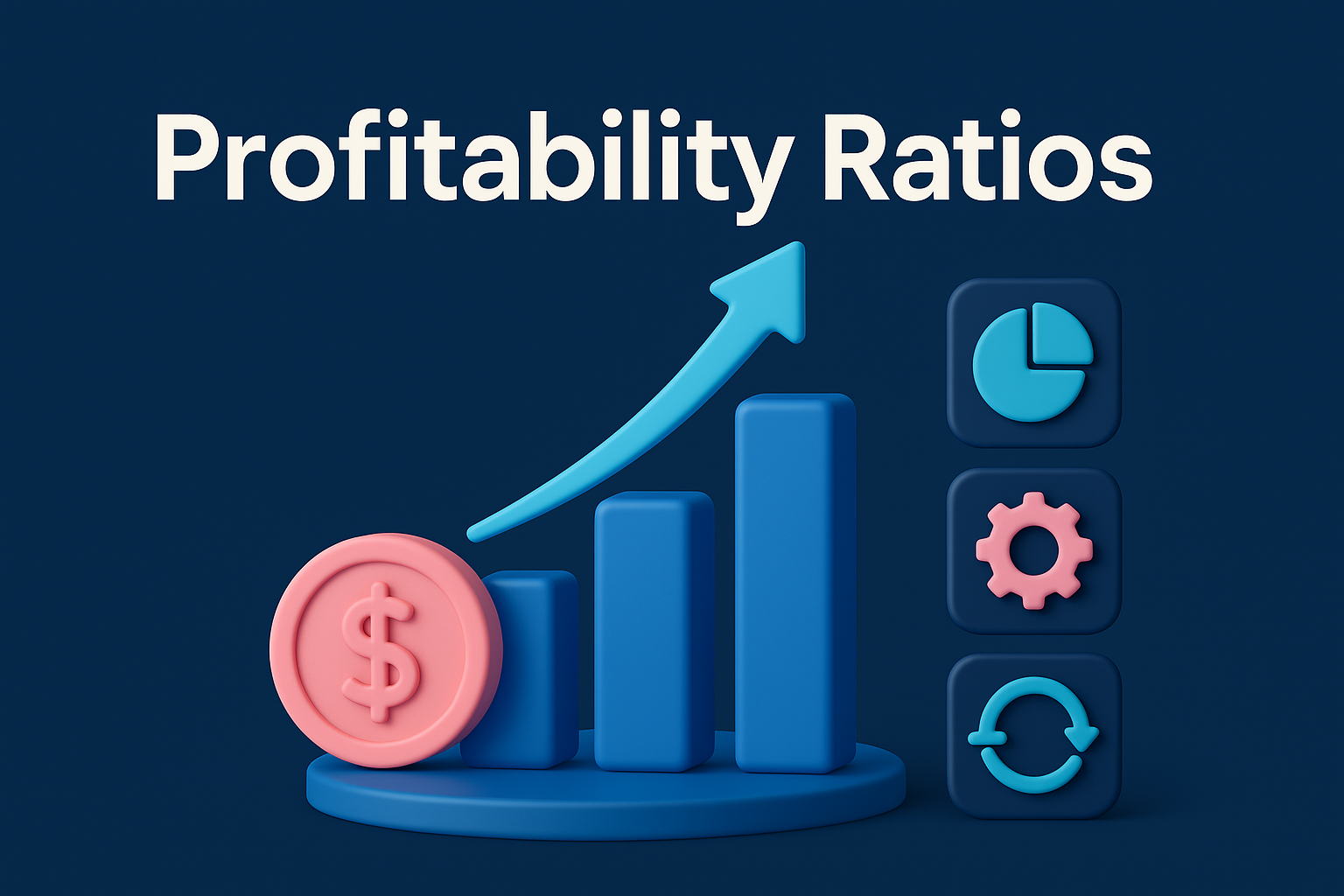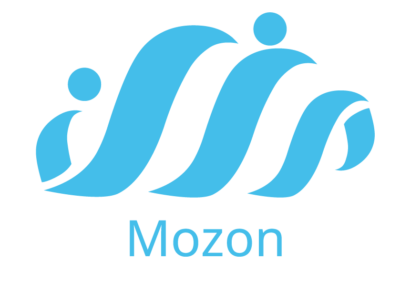Introduction
Digital Transformation refers to the holistic shift in how organizations operate, driven by technology to modernize processes, enhance efficiency, and deliver exceptional customer value. It is not just about adopting new tools—it’s about rethinking strategies, culture, and decision-making at every level of the organization.
In the Middle East, initiatives like Saudi Vision 2030 and Digital Egypt have accelerated the adoption of advanced technologies, making digital transformation a cornerstone of economic growth.
Digital Transformation in the Middle East
Reports estimate that the Middle East and Africa’s digital transformation market will reach around USD 50.26 billion by 2025, growing at a CAGR of over 24%. The key drivers include artificial intelligence, cloud computing, cybersecurity, and Industry 4.0 innovations.
Industrial IoT (IIoT) is transforming production environments by enabling intelligent monitoring, reducing downtime, and increasing operational efficiency.
Core Pillars of Successful Digital Transformation
1. Strategic Technology Integration
A long-term vision that embeds AI, data analytics, and operational sustainability into core business strategies.
2. Organizational Culture Shift
Digital transformation is first a people transformation—equipping teams with skills, promoting collaboration, and fostering innovation.
3. Data-Driven Decision-Making
Real-time analytics and BI tools enable faster, evidence-based strategic decisions.
4. Cloud-First Infrastructure
Cloud platforms offer scalability, resilience, and cost optimization compared to traditional on-premises models.
5. Cross-Sector Collaboration
Partnerships between governments, private companies, and global organizations enhance knowledge exchange and accelerate transformation.
How Mozon Technologies Empowers Digital Transformation
Integrated ERP & SaaS Platform
Mozon Technologies delivers an end-to-end ERP and business management platform that unites HR, finance, operations, and analytics—tailored to the needs of organizations in Saudi Arabia, Jordan, and Egypt.
Local Compliance Built-In
Systems are pre-configured for VAT, labor laws, and electronic invoicing regulations in the region.
User-Centric Design
A multi-language, intuitive interface ensures fast adoption across diverse teams.
AI-Driven Insights
Real-time dashboards and predictive analytics enhance decision-making speed and accuracy.
Tangible Benefits for Businesses
Enhanced Operational Efficiency through automation and process streamlining
Improved Employee and Customer Experience with always-on, seamless services
Better Decision-Making via data-driven insights and forecasting
Scalable Growth without heavy capital investment in infrastructure
Challenges and How to Overcome Them
| Challenge | Recommended Solution |
|---|---|
| Employee resistance to change | Ongoing training and change management programs |
| Digital skills gap | Partner with training providers for skill-building |
| Cybersecurity & compliance risks | Embed security and compliance into the platform itself |
| High initial investment concerns | Adopt SaaS subscription-based models for cost flexibility |
Future Trends in Digital Transformation
Predictive AI for market forecasting and resource optimization
Edge Computing for ultra-fast processing in industrial and field operations
IoT & Blockchain Integration for transparency and automation
RegTech & Governance by Design for embedded compliance frameworks
Conclusion
Digital Transformation is an ongoing journey—not a one-time project. It requires strategic planning, cultural alignment, and the smart adoption of technology.
With solutions like those offered by Mozon Technologies, organizations in Saudi Arabia, Jordan, and Egypt can confidently embrace digital transformation to improve performance, boost compliance, and achieve sustainable growth.
Sources
Gartner – Digital Transformation Market Insights
IMARC Group – Middle East Digital Transformation Forecast
McKinsey – The Human Side of Digital Transformation





